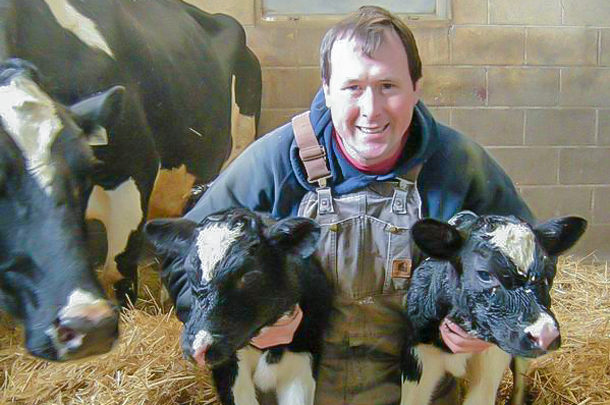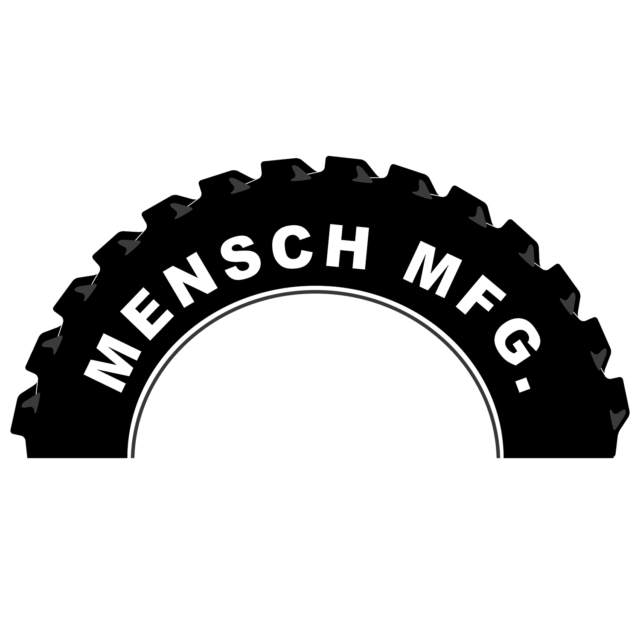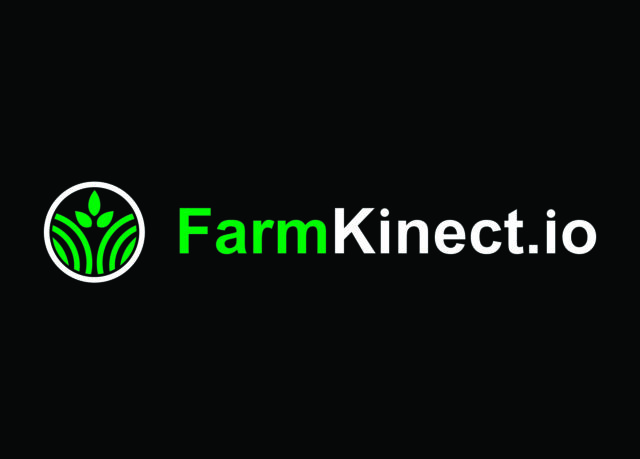However, being progressive doesn't always mean getting bigger, and it definitely doesn't mean you need to spend a lot of money on a new facility or fancy equipment. In fact, the term progressive is defined as “developing gradually, or in stages.” Perhaps you are happy with your current barn and milking system, or maybe you aren't even in the financial or personal position to build a new barn.
My family has an older tiestall barn that was built in the 1960s. Thankfully, it has big, roomy stalls, and there is little need for change, except that it only houses 43 cows. At this time in my life, I'm not really looking at growing our herd. My children still need to make their career choices, and personally I don't want to be tied down with a lot of debt. However, there are some things that we have done to keep our herd efficient and competitive.
Sharing is caring
Your parents probably told you that it is nice to share your toys. The same logic should apply to farmers, too. It doesn't make financial sense to own a corn planter that you might use two or three days of the year. Renting is an option, but you can’t always get equipment when you need it.
Over the last 45 years, we have shared a whole host of equipment with a number of different neighbours. Currently, we share a combine, a large horsepower tractor, a corn planter, grain wagons, a round baler and even labour with a nearby neighbour. In the fall, we also fill their silo with corn silage in exchange for the use of some silage wagons, a tractor and a driver. It's a win-win situation.
You could also apply this logic to buying seed. By combining seed orders with a number of neighbours, you can often save big by purchasing in bulk.
I realize you need to actually get along with your neighbours for these ideas to work, so maybe it is time you dropped by for a visit with a box of Timbits and a Double Double in hand.
Preventative medicine
I don't abide by the saying, “If it ain't broke, don't fix it.” Everything on the farm is bound to break at some point, and it's usually in the middle of harvesting hay just before a rain, or in the barn when you are trying to rush away to a family event.
A little preventative maintenance keeps things running smoothly. I keep a journal dedicated to maintenance. I record when things are greased, when oil has been changed and reminders, such as calling the silo repair man to go over the unloader long before I am ready to refill the silo with feed.
It pays to have your equipment looked over by a professional in the off-season to avoid costly repairs in the field, or go over them yourself if you have the skill and the time. Learning how to do basic welding and electrical repairs can save a lot of money, but know your limits and call in the pros when things are over your head. Sometimes trying to fix things yourself can cost more in the long run.
The same logic applies to your cows. Proper dry cow rations avoid costly metabolic issues in fresh cows. Simple things like periodic hoof trimming, monensin, boluses, vaccines, dry cow treatments and calcium supplements at freshening are relatively cheap measures to keep your cows healthy and avoid emergency veterinary visits and medications.
Pay attention to your calves too. Making sure a calf gets adequate and timely colostrum can pay you back in a big way with healthy calves and more milk down the road. Monitor calvings closely so you can assist a cow that is having issues. Every live calf is money in your pocket.
Spoil yourself
Just because you have an old barn or a small herd doesn't mean you can't take advantage of technology and labour-saving gadgets. In my opinion, the best way to make money is by increasing your milk production per cow using the facilities that you already have while also maintaining healthy animals.
One of the best things we have done is installing a small, electric TMR mixer. Our production went through the roof. Within one month, our BCA jumped from an average of 240 to 285, and last year we had one of the highest milk value records in the province. Our herd size didn't change, and the time that it took to feed stayed the same, but we had to purchase 5 extra kilograms of quota, and it has made the job of feeding much more enjoyable.
I may not have a robot or a parlour, but last fall we added a milking track to carry our heavy automatic take-offs. It has cleared up both my back and my knee pain. Milking cows is a seven-day-a-week job, so you owe it to yourself to reduce the repetitive strain on your body. Trying to find cheap, reliable help while you are recuperating from operator fatigue isn't always an option. Our next step is to add tunnel ventilation to hopefully keep production up during those hot, muggy, summer months.
Be a nerd with a herd
Continuing education is one of the cheapest and easiest things that you can do to be progressive. Read every farming magazine that you can get your hands on so you can learn from others. You won't just learn about things that can help you be progressive; you will also learn from others’ costly mistakes. Better yet, grab a neighbour and head out on a road trip to open barns and trade shows. Everyone needs to get off the farm every once in a while.
So as you can see, there are many small progressive things that you can do on your farm without breaking the bank. There is a lot of pressure to get bigger or build robots, but bigger isn't always better. Every dairy farm is different, and you need to be comfortable farming in a way that you enjoy the most. It doesn't take new equipment and fancy barns to make a good dairy farmer. It takes good management, a passion for your job and a love for your cattle. PD
Tim May of Mayhaven Farms is a dairy producer in Rockwood, Ontario. Follow him at:
Twitter: @MayMayhaven
PHOTO: Tim May with new calves. Photo provided by Tim May.








